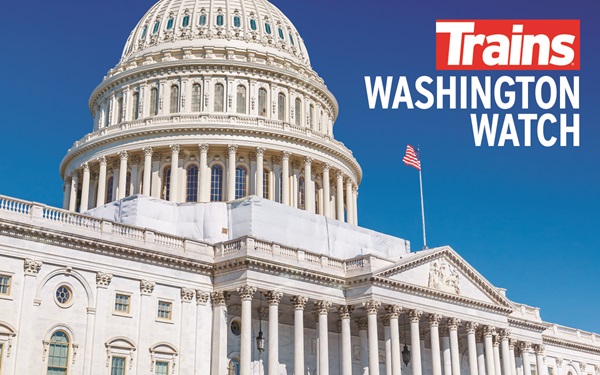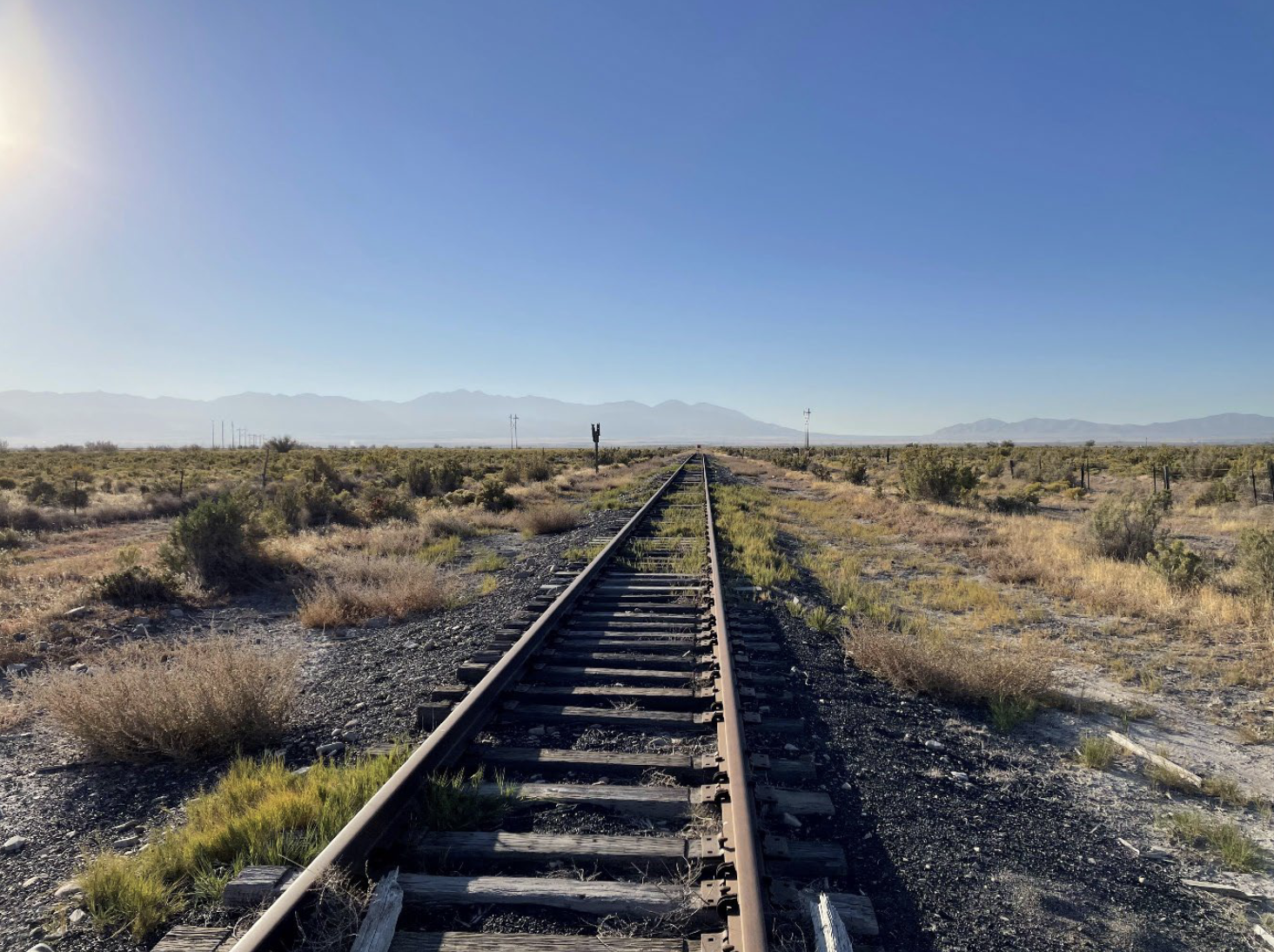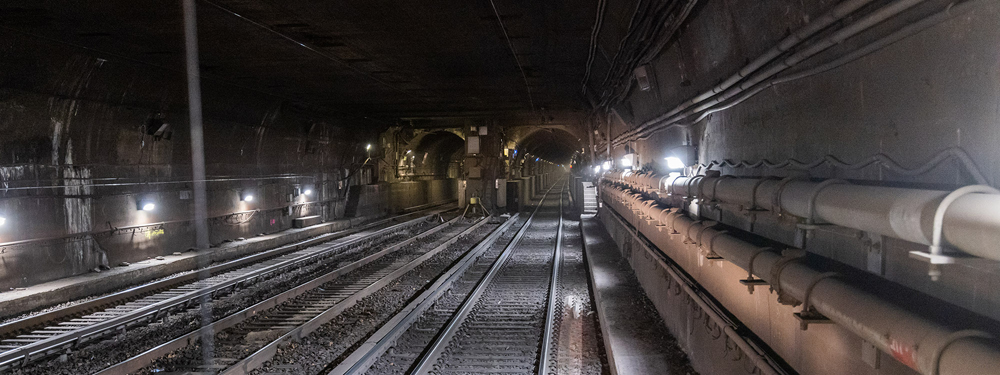 WASHINGTON — A group of 13 U.S. Senators, all Democrats, have written Amtrak CEO Richard Anderson requesting that the passenger railroad do away with its recent move requiring passengers to accept arbitration rather than being able to sue — a request Anderson quickly turned down.
WASHINGTON — A group of 13 U.S. Senators, all Democrats, have written Amtrak CEO Richard Anderson requesting that the passenger railroad do away with its recent move requiring passengers to accept arbitration rather than being able to sue — a request Anderson quickly turned down.In January, Amtrak changed the contract language accompanying its tickets to require passengers to agree to arbitration. In their letter, U.S. Sen. Richard Blumenthal (D.-Conn) and the 12 other senators wrote that the policy “is gravely imperiling traveling Americans’ access to justice and public accountability.” It claims that the agreement is “particularly disturbing due to its broadness of scope,” which includes personal injury claims and wrongful death. It would also eliminate potential class-action suits.
The Connecticut Mirror reports that Anderson, in his response, said the move to arbitration was to “expedite resolution of claims and to reduce unnecessary litigation costs. … Agreements to arbitrate are desirable precisely because they trade the procedures of federal courts for the simplicity, informality, and expedition of arbitration.” The money saved by resolving disputes through arbitration, rather than the courts, “can then be spent in safety programs and other passenger service and care programs.”
Blumenthal told the Mirror that the response is typical to complaints about forced arbitration: “They say it costs less, it’s quicker, but the rights of plaintiffs are vastly undercut.”
He has introduced a bill, the “Forced Arbitration Injustice Repeal (FAIR) Act,” that would invalidate all forced-arbitration agreements.
The arbitration clause was also one of the topics in a House hearing on Amtrak last month [see “Amtrak policies challenged at House hearing,” Trains News Wire, Nov. 13, 2019).














How does Amtrak initiate any such drastic policy not even reviewed or approved by Congress, while on the federal dole? Talk about a monopolistic mentality!
While a group of senators converge on dismissing this outrageous action by Amtrak, this should be another reason for Congress to eliminate Amtrak’s Board, which obviously is not equipped, or interested, to provide the expected oversight and demand for accountability, as identified in the Railpax enabling legislation.
As well, ideally Congress should take their umbrage as an opportunity review and dissect PRIIA to eliminate the free ride for the NEC; request an external, forensic audit of how Amtrak has created its full cost allocation methodology.
If it costs less to arbitrate, as it does in almost all cases, then that is the method that should be used with exceptions in certain circumstances such as willful negligence on Amtrak’s part. Anderson is doing the right thing here. You can tell it is the right thing to do because Blumenthal is against it.
Just a standard, common provision in common carrier contract law that has thirteen US Senators all in a bundle. This while Amtrak is in trouble and the entire Congress is in default of its duties to the nation. Have these thirteen fools have nothing better to do, like, say, fixing Social Security and the other entitlements?
Yes and using its own lawyers exclusively, the customer(s), I am lead to believe would not get their own representation. Tell me if I am wrong on this point.
Anderson is doing what he is good at: telling half-truths.
Arbitration is sometimes slower and more costly than normal court procedures.
But even if he were right, he hasn’t explained why Amtrak chose to prohibit multi-party actions, which are far faster and less costly than multiple individual arbitrations, or to demand secrecy concerning arbitration cases. Nor has he explained why Amtrak wants to prevent the possibility of appellate review of potentially bad or erroneous arbitral decisions.
Anderson’s fundamental dishonesty is that he has glossed over the fact that Amtrak went this route because Amtrak thinks it can better defeat consumer claims in secret arbitration procedures than it can in open court.
The better option would be to remove Amtrak from the potential of lawsuits at all and just have a damage claim liability form with a maximum payout amount.
Claimants in arbitration can have their own lawyers.
But under Amtrak’s unilateral rules, they cannot combine cases or employ a class action. And the result of any case is secret and not precedent for later cases arising out of the same incident. Amtrak put its thumb heavily on the scales of justice in a deliberate effort to harm its customers.